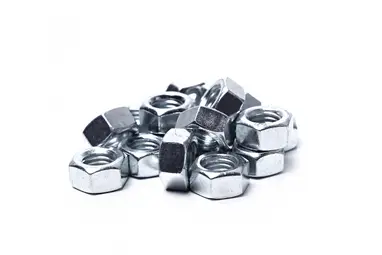Calcium deficiency in India – causes, symptoms, and treatments
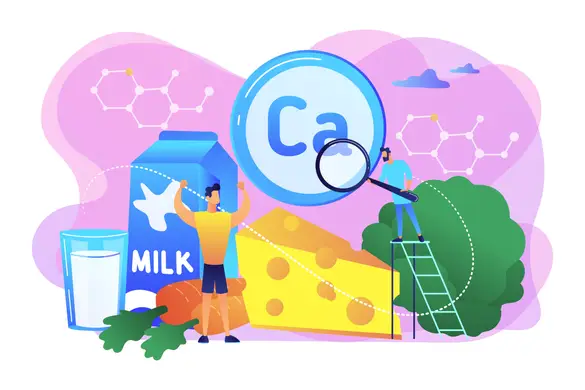
Calcium deficiency in India – causes, symptoms, and treatments
Posted on 27th Sep, 2022
What is calcium?
Calcium is a mineral that helps with many bodily functions. It is associated with healthy bones and teeth, plays important role in blood clotting, helps muscle contract, and regulates normal heart rhythms and nerve functions.
What is the RDA ( recommended dietary allowance ) of calcium?
The recommended upper limit for calcium is 2,500 mg a day for adults 19 to 50. For those 51 and older, the limit is 2,000 mg a day.
Is India calcium deficient?
The World Health Organization recommends a daily calcium intake of 1,000 mg but Indians average less than 500 mg. This leads to low peak bone mass as people age.
What are the main causes of calcium deficiency in India?
Calcium deficiency affects a person’s bone health. Here are the main causes of calcium deficiency in India:
- Poor diet: Poor diet lacking food that contains high amounts of calcium is one of the main reasons that calcium deficiency occurs.
- Medical conditions: Some medical conditions can lead to decreased absorption of calcium from food. Such medical conditions are pancreatitis, liver problems, illnesses affecting the thyroid and parathyroid glands, renal failure, some medicines like corticosteroids, rifampin, etc, and some chemotherapy drugs.
What are the symptoms of calcium deficiency?
To correctly identify a disease, we need to be aware of its symptoms. Here is a list of the calcium deficiency symptoms that we should be aware of :
- Memory loss
- Muscle spasms
- Depression
- Numbness or tingling in hands and feet, sometimes face
- Hallucinations
- Weak, brittle nails
- Easy fracturing of bones etc.
Treatment of calcium deficiency
The treatment depends upon the level of deficiency in the body, here are some of the common calcium deficiency treatment options:
- Include calcium-rich foods in your diet. Examples of such food items are dairy products, broccoli, spinach or palak, figs, nuts, seeds, fish like salmon and sardines, etc.
- Calcium supplements like calcium carbonate, calcium citrate, and calcium phosphate.
- If calcium supplements and diet do not work, then calcium injections may be prescribed by your doctor.
- Diet rich in calcium and vitamin D and a healthy lifestyle, vitamin D is necessary for the absorption of calcium in the body.

Health articles from our experts

List of 10 Magnesium Rich Foods

Best Time Of The Day To Take Multivitamins
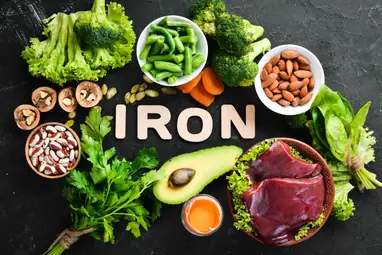
15 Iron-Rich Foods in India to Increase Hemoglobin
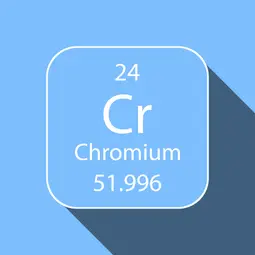
10 Foods Rich In Chromium

Top 12 Uses Of Iron Folic Acid Tablet

Top 10 Zinc Rich Food In India
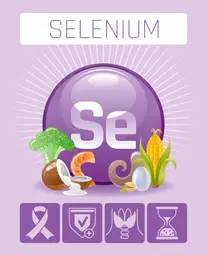
Top 10 Selenium Rich Foods In India
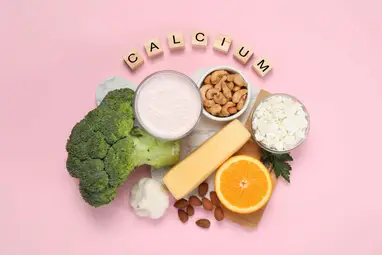
Top 10 Calcium-Rich Fruits
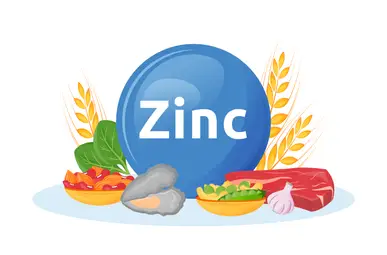
Top 9 Zinc Rich Food Sources for Vegetarians
